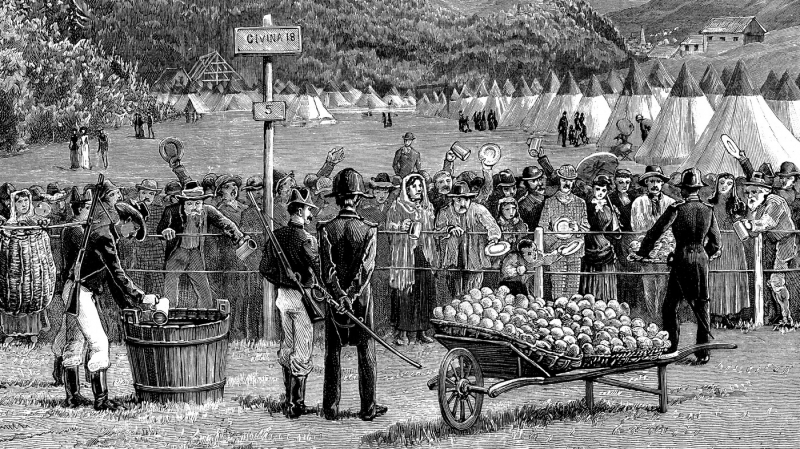The First Quarantine Case

As the Black Death wreaked havoc across Europe, people felt helpless and unable to comprehend the epidemic due to a lack of scientific or other approaches. The plague, on the other hand, was thought to have something to do with closeness and was a communicable infection.
When the Black Death began to sweep through Venice in 1348 and killed away an estimated 30 percent of Europe's population and a considerable portion of Asia's population, governments established containment strategies to deal with recurring outbreaks. They shut down the city's water supply right away. Some foresighted officials in command of the port city of Ragusa decided to isolate newly arrived sailors until they could prove they weren't sick. In Venetian law, this was known as a trentino (30 days), and it compelled the seamen to be detained on board for 30 days. According to a record from 1377, newcomers to the city-state of Ragusa in Dalmatia (modern-day Dubrovnik, Croatia) had to spend 30 days (a trentine) in a restricted area (initially adjacent islands) waiting for the signs of the Black Death to appear.
With time, the period of forced isolation was extended to 40 days, or a quarantino. This expression has evolved into quarantine in modern English, which refers to the isolation of a subject in order to avoid the transmission of sickness or virus.











